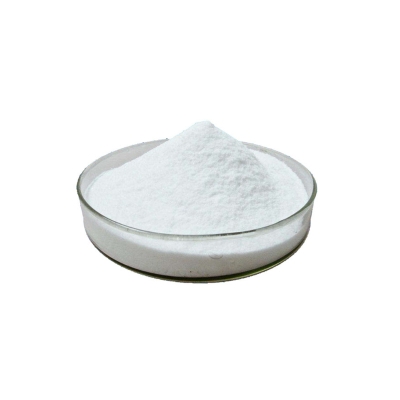-
Categories
-
Pharmaceutical Intermediates
-
Active Pharmaceutical Ingredients
-
Food Additives
- Industrial Coatings
- Agrochemicals
- Dyes and Pigments
- Surfactant
- Flavors and Fragrances
- Chemical Reagents
- Catalyst and Auxiliary
- Natural Products
- Inorganic Chemistry
-
Organic Chemistry
-
Biochemical Engineering
- Analytical Chemistry
-
Cosmetic Ingredient
- Water Treatment Chemical
-
Pharmaceutical Intermediates
Promotion
ECHEMI Mall
Wholesale
Weekly Price
Exhibition
News
-
Trade Service
Yimaitong compiles and arranges, please do not reprint
without authorization.
without authorization.
News from related pharmaceutical companies, the US Food and Drug Administration (FDA) recently approved the weekly preparation of semeglutide for the treatment of obesity (BMI ≥95th quantile, based on CDC growth chart) in adolescents aged 12~17 years, with diet and exercise
.
In June 2022, Semeglutide received FDA approval for weight management in adult patients who are overweight/obese and have at least one weight-related disease, the first drug
approved for weight management in adult obese patients since 2014.
About 6 months apart, the obesity-related indications for semeglutide were expanded
again.
"The prevalence of adolescent obesity in the United States continues to rise, affecting patients and their families," Dr.
Aaron S.
Kelly, associate director of the University of Minnesota Center for Pediatric Obesity, said at a press conference.
The approval of a new indication for semeglutide periphosphate provides patients with a new option to address this severe chronic progressive disease
.
”
Weight loss effect
In the STEP TEENS Phase 3a clinical trial, semeglutide showed significant weight loss in obese adolescents
.
A total of 201 obese adolescents were randomized to either once-weekly semeglutide (2.
4 mg, n=134) or placebo (n=67) for 68 weeks
.
At the end of the trial, mean BMI decreased by 16.
1% in the semeglutide group and 0.
6%
in the placebo group.
In addition, 73% of adolescents in the semeglutide group lost ≥5% of their body weight, compared with only 20%
in the placebo group.
Adverse reactions
Overall, adolescent participants in the STEP TEENS study reported adverse events similar
to those previously reported by adults.
The most common adverse effects were nausea, vomiting, diarrhoea, headache, and abdominal pain; Adolescents taking semeglutide had a higher
chance of gallbladder problems, hypotension, rash, and itching compared with adults using the drug.
Information source:
[1] style="text-align: left;white-space: normal;">[2] style="white-space: normal;">
Disclaimer: This platform is designed to deliver more medical information
to healthcare professionals.
The content published on this platform cannot replace professional medical guidance in any way, nor should it be regarded as diagnosis and treatment advice
.
If such information is used for purposes other than understanding medical information, this platform does not assume relevant responsibilities
.
The content published by this platform does not mean that it agrees with its description and views
.
If copyright issues are involved, please contact us and we will deal with
it as soon as possible.







